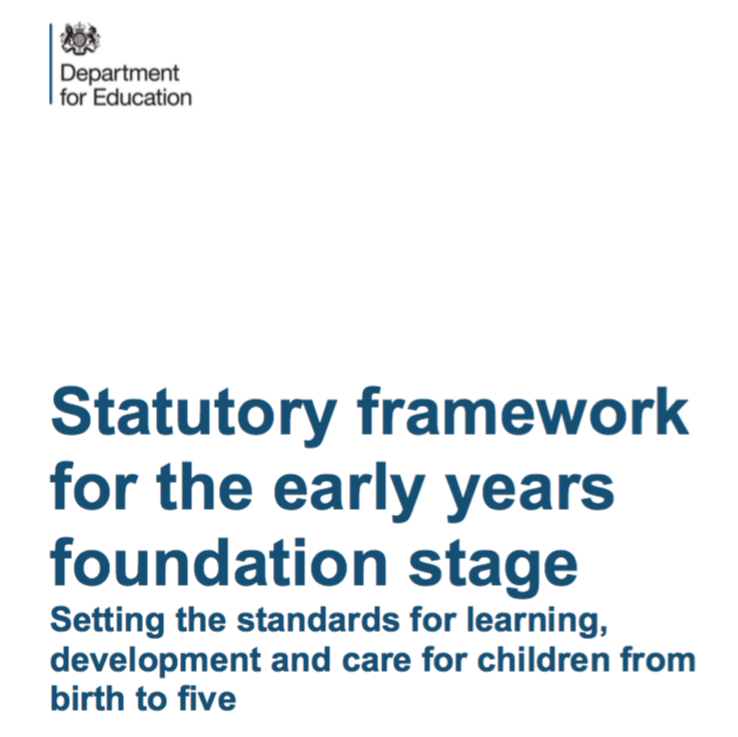We follow the Early Years Foundation Stage Statutory Guidance which seeks to provide:
- quality and consistency in all early years settings, so that every child makes good progress and no child gets left behind;
- a secure foundation through learning and development opportunities which are planned around the needs and interests of each individual child and are assessed and reviewed regularly;
- partnership working between practitioners and with parents and/or carers;
- equality of opportunity and anti-discriminatory practice, ensuring that every child is included and supported.
Four guiding principles shape our practice in early years settings. These are:
- Every child is a unique child, who is constantly learning and can be resilient, capable, confident and self-assured;
- children learn to be strong and independent through positive relationships;
- children learn and develop well in enabling environments, in which their experiences respond to their individual needs and there is a strong partnership between practitioners and parents and/or carers; and
- children develop and learn in different ways and at different rates. The framework covers the education and care of all children in early years provision, including children with special educational needs and disabilities.
There are seven areas of learning and development. All areas of learning and development are important and inter-connected. Three areas are particularly crucial for igniting children’s curiosity and enthusiasm for learning, and for building their capacity to learn, form relationships and thrive. These three areas, the prime areas, are:
- communication and language;
- physical development; and
- personal, social and emotional development.
We also support children in four specific areas, through which the three prime areas are strengthened and applied. The specific areas are:
- literacy;
- maths;
- Understanding the world;
- expressive arts and design
Each area of learning and development is implemented through planned, purposeful play and through a mix of adult-led and child-initiated activity. We believe play is essential for children’s development, building their confidence as they learn to explore, to think about problems, and relate to others. Children learn by leading their own play, and by taking part in play which is guided by adults. We respond to each child’s emerging needs and interests, guiding their development through warm, positive interaction. As children grow older, and as their development allows, the balance will gradually shift towards more activities led by adults, to help children prepare for more formal learning, ready for Year 1.
In planning and guiding children’s activities, we reflect on the different ways that children learn and we implement these in our practice.
Three characteristics of effective teaching and learning are:
- playing and exploring - children investigate and experience things, and ‘have a go’;
- active learning - children concentrate and keep on trying if they encounter difficulties, and enjoy their achievements; and
- creating and thinking critically - children have and develop their own ideas, make links between ideas, and develop strategies for doing things.

